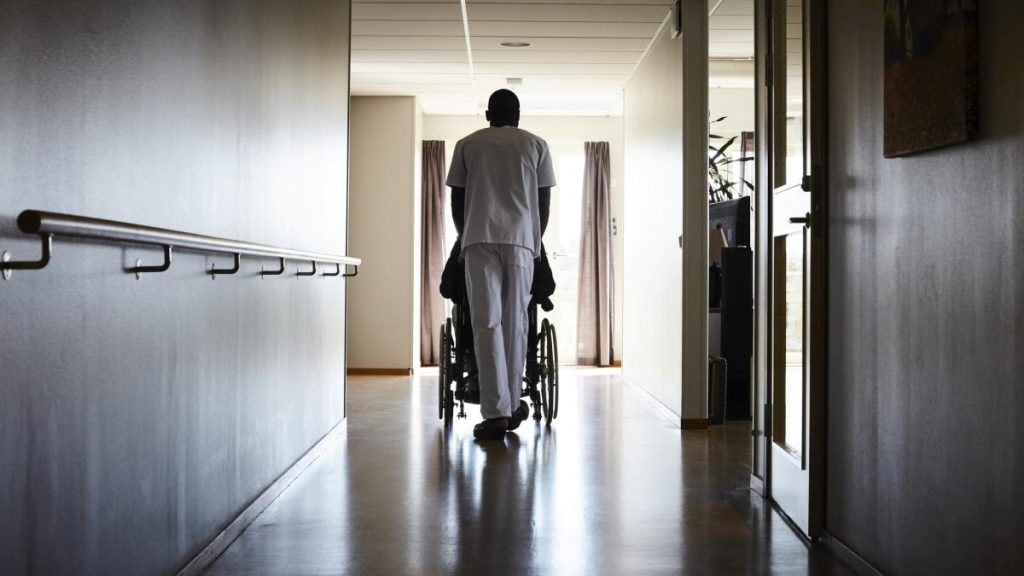Gert Widmann, a legal guardian in Ludwigsburg, Baden-Württemberg, is appointed by courts to handle care, legal, or financial matters for seniors who are unable to do so on their own. The 64-year-old previously worked as a management consultant before the pandemic. In a hypothetical scenario where the daughter of an 87-year-old woman realizes her mother is rapidly declining mentally and may need to be placed in a care facility, but she lives hundreds of kilometers away, she would need to initiate a guardianship process at the local authority. The process can vary in speed depending on the region, with some areas experiencing long delays.
After the initial contact with the local authority, a social report would be prepared to determine if the individual requires guardianship and in which areas of care. This process involves the court appointing a legal guardian, which can be delayed due to understaffing in the guardianship courts. In cases where urgent medical care is needed, family members may need to admit the individual to a hospital, as the appointed guardian cannot intervene until the court process is completed. This can lead to individuals being left without proper care during the waiting period.
Once appointed as a legal guardian, the process of finding a care facility for the individual can be challenging, especially if the individual does not have the financial means to pay for their care. Social services may take several months to approve funding for a care facility, leaving them in a vulnerable position. Some care facilities may refuse to accept individuals without immediate payment, creating difficulties in finding suitable care options for those in need. However, it is important to note that care facilities treat all residents equally, regardless of their financial situation.
In cases where an individual needs immediate placement in a care facility after a surgery or hospitalization, the process can be complicated by the lack of a legal guardian to oversee the transition. Some care facilities may require a legal guardian before admitting a new resident, leading to delays and potential challenges in finding a suitable placement. The story of a man who waited five months in a hospital before finding a suitable care facility highlights the struggles faced by individuals without sufficient support during transitions between medical settings.
As the population of elderly individuals continues to grow, the issues surrounding care for seniors in Germany are becoming more pressing. Underfunding of the healthcare system and lack of proper support for caregivers are contributing to a systemic crisis in elderly care. Widmann emphasizes the importance of societal values and care for the elderly, highlighting the contrast with other countries where multi-generational living arrangements are more common. The challenges faced by caregivers and seniors underscore the need for systemic change and increased investment in elderly care in Germany.


